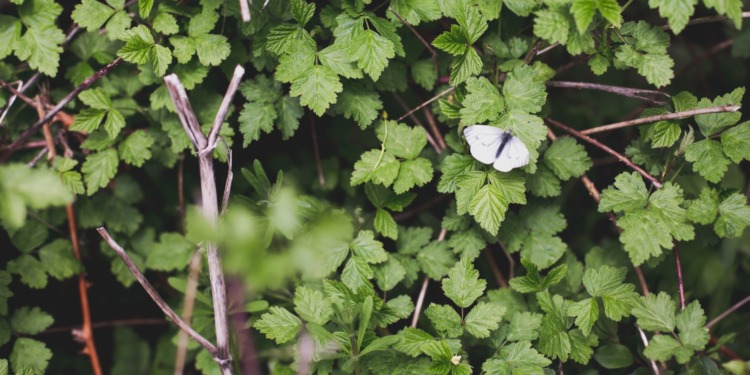It has recently been reported by The Guardian that the BBC will no longer air the final episode of David Attenborough’s new documentary, “Wild Isles,” due to fear of “right-wing backlash” from conservative-leaning media and politicians in the UK.
The new Attenborough series is all about displaying the beauties of Britain, with the currently unaired final episode containing information on the “destruction of nature.” The BBC’s choice to not show this episode has fuelled widespread concerns that the government seemingly wants to keep such a topic on the down low.
There has been a degree of confusion caused by misleading headlines as to whether this final episode will be outright banned by the BBC. This is not the case, as the episode will still be shown on BBC iPlayer.
What about this final episode is so controversial?
One of the topics said to be spoken about is the concept of rewilding.
Rewilding is the process of allowing a piece of land which has been altered by human activities, such as agriculture, to go back to its entirely natural state, often with the reintroduction of specific wildlife.
This has however become a controversial topic amongst some right-wing groups.
The controversy has been caused – in very simple terms – by the fact that it’s extremely hard to monetize any land that is rewilded. Rewilded land is typically uninhabitable, uncultivated and makes little to no contribution to the economy. A devastating idea to right-wing political frameworks.
According to the Guardian, some have suggested the episode held too strong of a political standpoint and could cause lobbying groups of the farming and game world to “kick-off” if too much negativity about the industry was exposed.
Related Articles: Defund the BBC: Highlighting Pervasive Attitudes | David Attenborough’s Witness Statement: ‘A Life On Our Planet’ | New Policies Reveal UK Priorities; Will They Stop the Boats and Stop the Press?
The Telegraph also reported that the BBC’s decision to take the charities’ money has caused “much internal agonizing,” and that Attenborough has also expressed that “internal BBC politics” have at times driven him to make shows abroad opposed to within the British Isles.
What the BBC have to say
The BBC has responded to the Guardian’s groundbreaking article by saying the claims are “totally inaccurate” and that the “sixth episode” was never meant to be part of the Wild Isles series, referring to the film as an iPlayer exclusive.
This is totally inaccurate, there is no ‘6th episode’. Wild Isles is – and always was – a 5 part series. We acquired a separate film for iPlayer from the RSPB, WWF and Silverback Films about people working to preserve and restore the biodiversity of the British Isles. @guardian pic.twitter.com/qbbOs8efvJ
— BBC Press Office (@bbcpress) March 10, 2023
“Wild Isles is – and always was – a five-part series and does not shy away from environmental content,” a spokesperson for the BBC has said, “we have acquired a separate film for iPlayer from the RSPB and WWF and Silverback Films about people working to preserve and restore the biodiversity of the British Isles.”
However, a concerning question that arises as a result of this controversy is: Are climate change and the human destruction of nature becoming censored topics?
Specialist environmental correspondent at the Guardian, Geoffrey Lean, has said:
“The truth about Britain’s wildlife crisis is stark: The timid BBC must let David Attenborough tell it loud and clear.”
Considering there is a wealth of scientific evidence that proves climate change and natural destruction are happening, it’s concerning that these topics are at the centre of political debate, rather than being treated as a known fact that everyone is acting upon.
What’s more, this particular debate has coincided with another BBC censorship scandal; Gary Lineker (the highest paid BBC presenter) being suspended for his comments against rightwing Home Secretary Suella Braverman’s new migration plan – a policy which Linekar said used language comparable to that of 1930s Germany.
Ever since they were established, the BBC has prided itself as an impartial figure within the news, not taking political standpoints.
However, both of these recent events could mark a historical turning point for the BBC’s impartial legacy, for what kind of news they prioritise and also who continues to support them.
Editor’s Note: The opinions expressed here by the authors are their own, not those of Impakter.com — In the Featured Photo: White butterfly in wild hedgerow. Featured Photo Credit: Annemarie Schaepman










